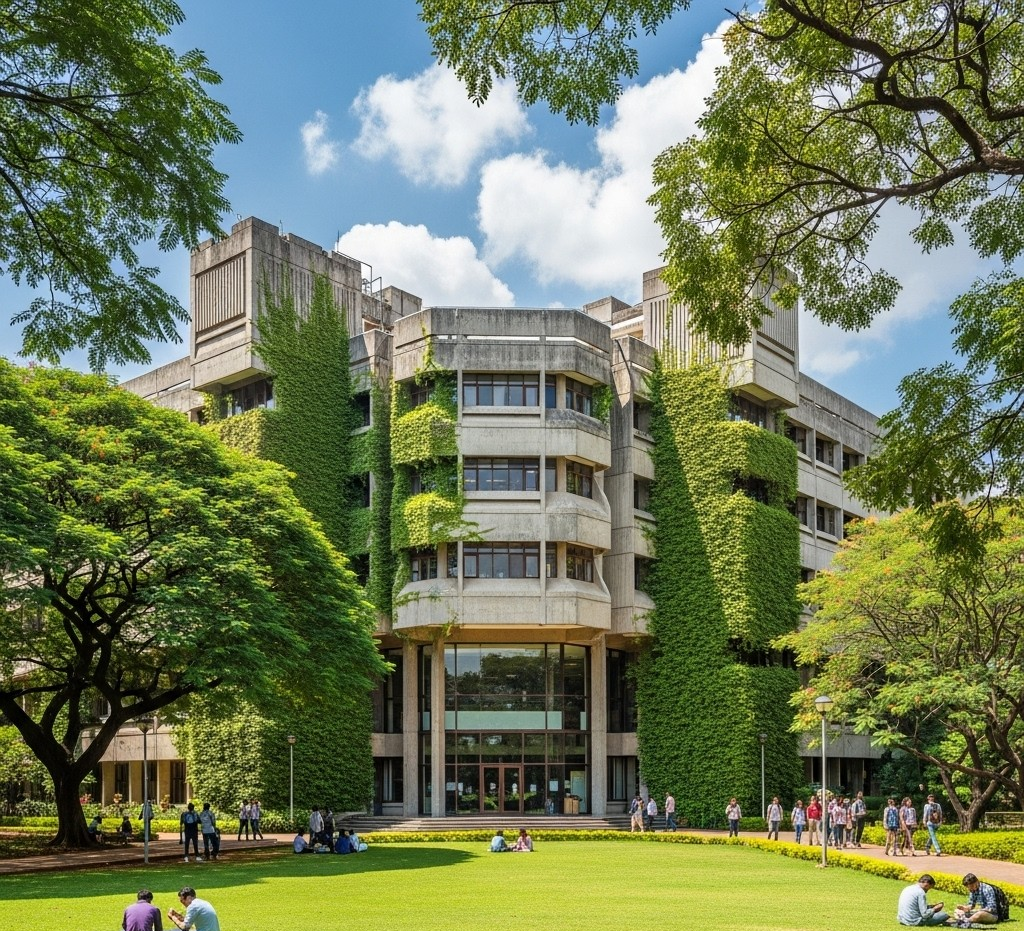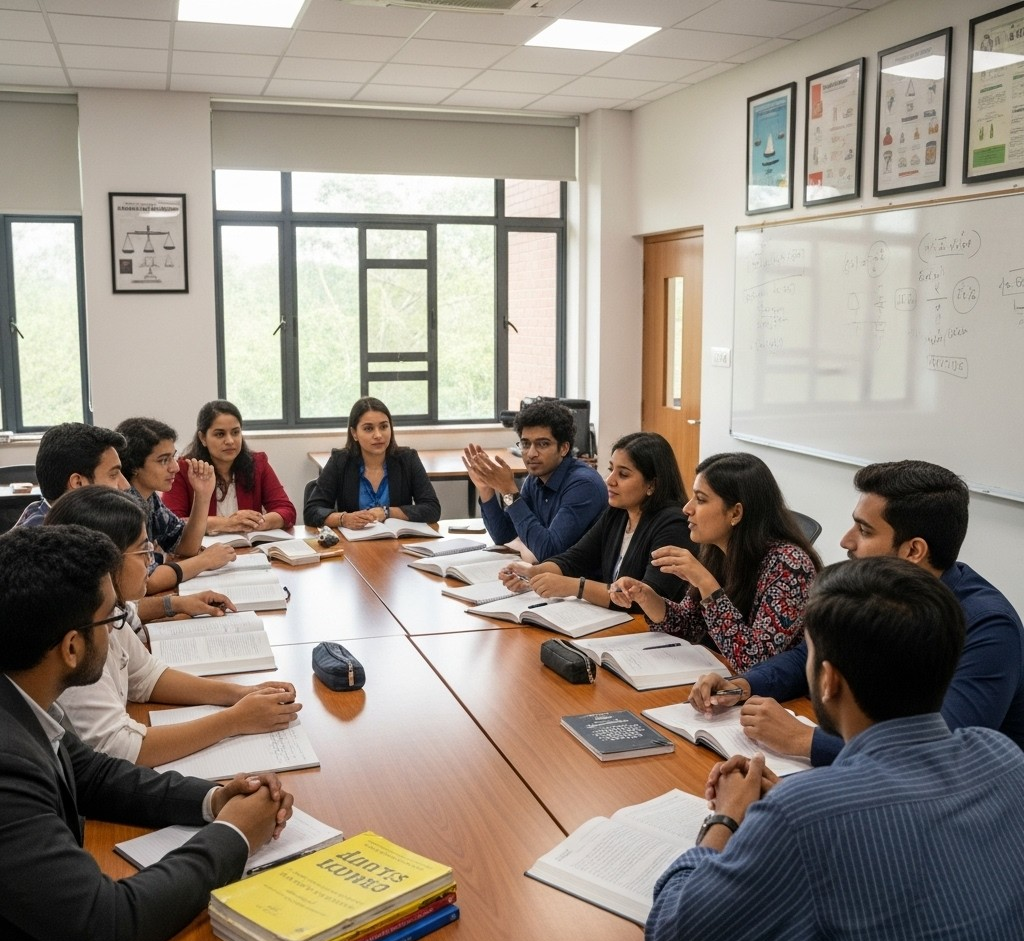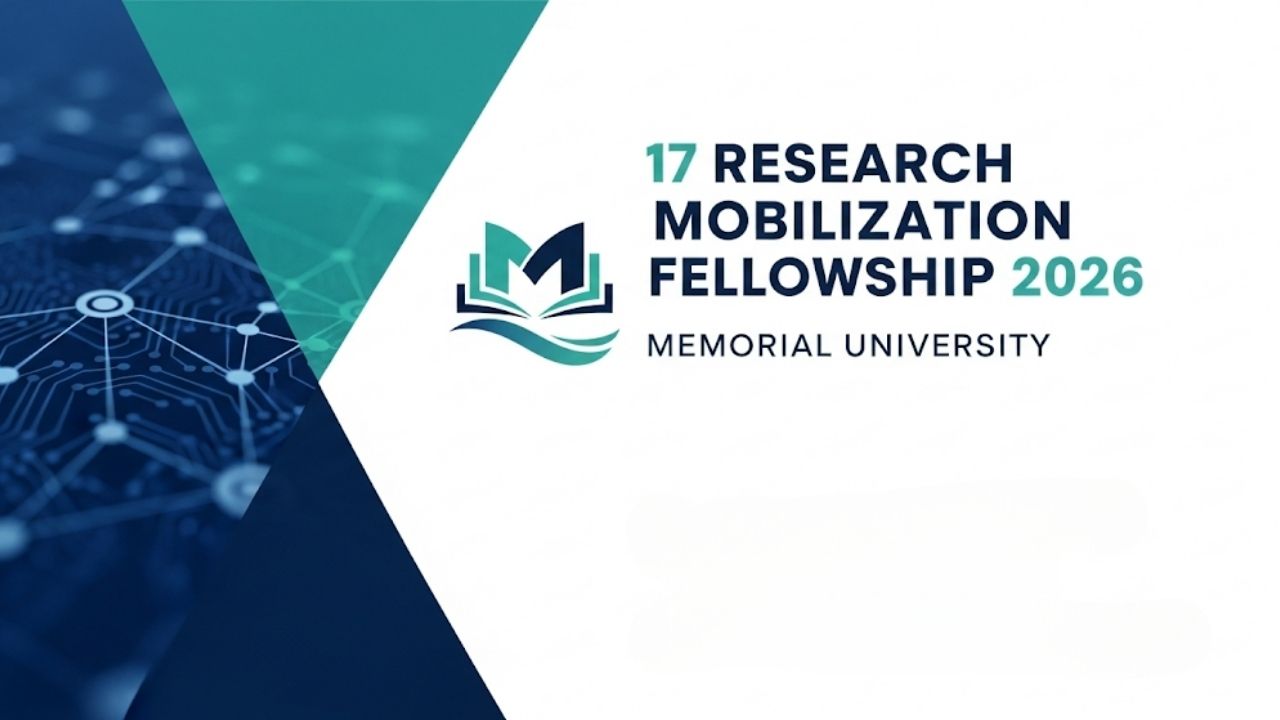The NLSIU Research Fellowships 2025 programme represents a golden opportunity for aspiring legal scholars to immerse themselves in rigorous academic inquiry at India’s premier law university. If you’re passionate about legal research and dream of contributing to cutting-edge projects, you’ve come to the right place. Navigating the application can feel daunting, but it doesn’t have to be. This guide will break down everything you need to know—from eligibility to crafting a standout application—to help you confidently take this exciting next step in your career.

What Are the NLSIU Research Fellowships?
Think of these fellowships as a launchpad for a serious career in legal academia and policy research. Hosted by the National Law School of India University (NLSIU), Bengaluru—consistently ranked as the top law school in the country—these positions place you at the heart of legal innovation. Fellows work closely with renowned faculty on projects spanning diverse areas of law, from constitutional and human rights law to technology and corporate governance.
This isn’t just a job; it’s an apprenticeship in academic excellence. The programme is designed to provide young researchers with hands-on experience in:
- Conducting in-depth doctrinal and empirical research.
- Assisting in the development of new academic courses and teaching materials.
- Organizing conferences, workshops, and colloquia.
- Publishing articles in leading academic journals.
Essentially, it’s a chance to build a robust portfolio and network with some of the brightest minds in the legal field, making it one of the most sought-after law research fellowship India opportunities.

Who Are They Looking For? Unpacking the Eligibility Criteria
NLSIU seeks candidates who are not only academically brilliant but also deeply curious and self-motivated. While specific requirements can vary slightly depending on the research center announcing the position, the core criteria generally remain consistent.
Essential Qualifications
To be a strong contender, you will typically need:
- A Solid Academic Foundation: An LL.B. degree is the baseline. However, a postgraduate degree in law (LL.M.) or a related field (such as social sciences, public policy, or humanities) is often preferred and can give you a significant edge.
- Demonstrated Academic Excellence: Strong grades are a must. Universities want to see a consistent track record of high performance, which indicates your diligence and grasp of legal principles.
- Exceptional Research and Writing Skills: Your ability to articulate complex ideas clearly and concisely is paramount. Prior experience in research, evidenced by publications or a high-quality dissertation, will be highly valued.
Desirable Skills
Beyond the formal qualifications, NLSIU looks for individuals who bring a little extra to the table. These skills can make your application shine:
- Prior Experience: Any relevant work experience with research organisations, law firms, or policy think tanks can be a huge plus.
- Methodological Knowledge: Familiarity with qualitative or quantitative research methods is a significant advantage.
- Teamwork and Communication: Fellows work collaboratively with faculty and other researchers. Strong interpersonal skills are essential.
You can always find the precise requirements in the official notification, which, according to the university’s typical cycle, is posted on the NLSIU Careers page.
The Core of Your Application: A Step-by-Step Guide
The NLSIU application process is conducted entirely online and is designed to be straightforward. Don’t leave it to the last minute! Giving yourself ample time allows you to prepare each component thoughtfully. Here’s a typical breakdown of the steps:
- Find the Official Announcement: Regularly check the NLSIU official website’s “Careers” section. This is the only authoritative source for fellowship openings.
- Read the Notification Carefully: Each fellowship call will have a detailed notification outlining the specific research area, required qualifications, duration, and remuneration. Pay close attention to every detail.
- Gather Your Documents: You’ll generally need the following, so it’s wise to get them ready in advance:
- An updated Curriculum Vitae (CV).
- A Statement of Purpose (SOP).
- A writing sample (e.g., a published article, a chapter from your dissertation, or a research paper).
- Scanned copies of your academic transcripts and degree certificates.
- Fill Out the Online Application Form: The university uses an online portal for applications. Fill in all the details accurately and double-check for any typos before submitting.
- Submit Before the Deadline: This sounds obvious, but you’d be surprised how many people miss the deadline due to last-minute technical glitches. Aim to submit your application at least a couple of days early.
Crafting a Standout Application: Tips from an Expert
This is where you move from being just another applicant to a must-interview candidate. In my experience advising aspiring researchers, the Statement of Purpose and the writing sample are where many applications either soar or stumble.
Your Statement of Purpose (SOP)
Your SOP is your story. It’s your chance to speak directly to the selection committee and convince them that you are the perfect fit. A compelling SOP should:
- Connect Your Past to Their Future: Clearly link your previous academic and professional experiences to the specific research area of the fellowship. Show them it’s a logical next step for you.
- Show, Don’t Just Tell: Instead of saying, “I have excellent research skills,” describe a research project you worked on and what you accomplished.
- Demonstrate Genuine Interest: Why NLSIU? Why this specific research center or project? Mention faculty members whose work you admire or specific projects that excite you. This shows you’ve done your homework.
- Be Clear and Concise: Keep it to the specified word limit (usually around 800-1000 words). Every sentence should serve a purpose.
The Writing Sample
Your writing sample is the most direct evidence of your research and analytical capabilities. Choose a piece that:
- Showcases Your Best Work: Select a paper you are proud of, preferably one on a topic related to the fellowship’s focus.
- Demonstrates Methodical Rigor: It should be well-structured, clearly argued, and properly cited.
- Is Polished and Error-Free: Proofread it meticulously. Typos and grammatical errors can create a very poor impression.
Your Academic CV
Keep your CV clean, professional, and focused on your academic achievements. Highlight your education, any publications, conference presentations, research projects, and relevant work experience.

Life as an NLSIU Research Fellow: What to Expect
Being a research fellow at NLSIU is an immersive and rewarding experience. Your primary role will be to support the research agenda of the centre or faculty you are attached to. This often involves a mix of independent and collaborative work. You’ll spend your days delving into literature reviews, analysing data, drafting reports, and engaging in intellectual debates with your peers and mentors.
Shape Your Future: A Complete Guide to the V20 Climate Prosperity Fellowship 2026
ASTAR Singapore International Fellowship 2026: Your Complete Guide to a Fully Funded PhD
FAQs
Q1:What is the stipend for the NLSIU Research Fellowships?
The monthly stipend varies depending on the type of fellowship. For the Graduate Research Fellowship, it’s between ₹55,000 and ₹65,000. For the NLSIU Postdoctoral Fellowship, the range is ₹1,00,000 to ₹1,50,000. University Research Fellowships offer between ₹1,70,000 and ₹2,00,000. These amounts are subject to change, so always check the official notification.
Q2:What is the duration of the fellowship?
The duration of the fellowship is not fixed and varies by the type of fellowship. Graduate Research Fellowships can be short-term (3–6 months) or long-term (1–2 years). NLSIU Postdoctoral Fellowships can last up to 2 years, while Doctoral Fellowships are for 3 years. University Research Fellowships can be for 3 months to 2 years, and Distinguished University Fellowships range from 1 month to 2 years.
Q3:Are the fellowships full-time positions?
Yes, the NLSIU Research Fellowships are generally full-time, on-campus positions requiring the fellow to be physically present at the university. While some flexibility may be offered on a case-by-case basis, the expectation is for fellows to be fully immersed in the academic life of the university.
Q4:What are the main research areas of the fellowships?
The fellowships are designed to address NLSIU’s “Grand Challenges Model” of research. The five grand challenges for the 21st century that these fellowships often focus on are:
- Climate Justice
- Labour and Work
- State Capacity and Reform
- Law and Technology
Q5:What is the application timeline for the NLSIU Research Fellowships 2025?
NLSIU uses a rolling application system with three review cycles for its open-call fellowships. While exact dates may vary, a typical timeline is:
- First Review: Deadline is in mid-September 2025, with a start date between December 2025 and August 2026.
- Second Review: Deadline in mid-January 2026, with a start date between April 2026 and December 2026.
- Third Review: Deadline in mid-May 2026, with a start date between August 2026 and April 2027.










